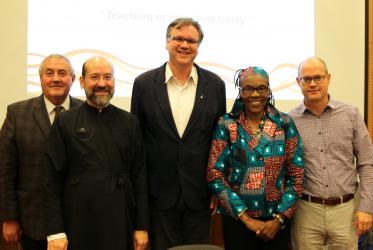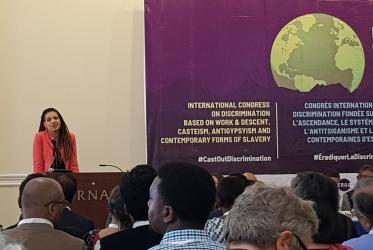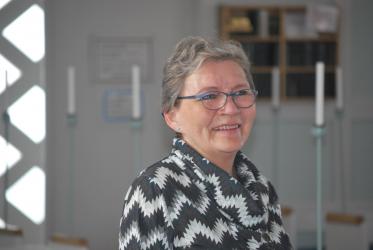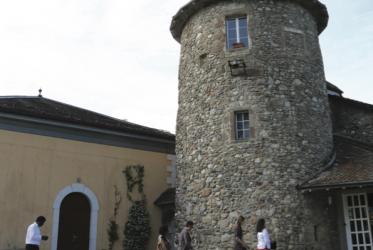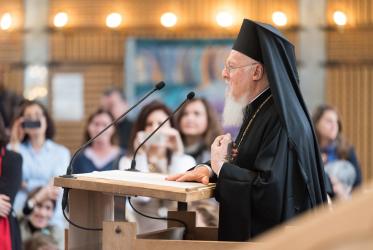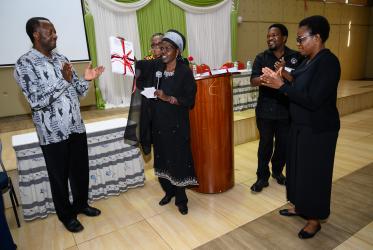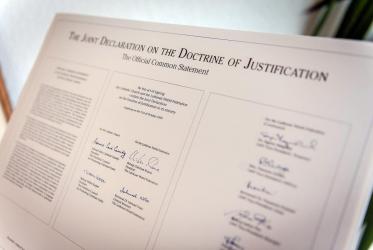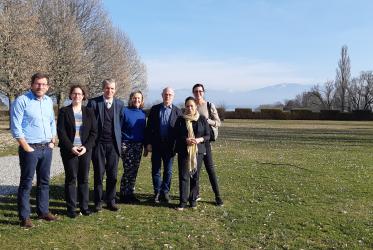Displaying 101 - 120 of 449
01 November 2019
WCC commission gathers to focus on next generation of ecumenists
28 October 2019
Meeting of the WCC Commission on Education and Ecumenical Formation
28 October - 01 November 2019
Ecumenical Institute at Château de Bossey
In Japan, indigenous and ecumenical youth call for action against racism
12 September 2019
A deeply rooted teacher and preacher
10 September 2019
Bossey transforms the life of ecumenical students
29 January 2019
#WCC70: Children in the Ecumenical Movement
20 December 2018
